Like many of you, I’ve never heard of Wish, a five-year-old commerce startup founded by a two ex-Googlers. Apparently, though, this newish Amazon competitor is absolutely killing it. They reportedly recently turned down a $10 billion all-cash offer from Amazon, which is mind boggling, and had sales in the “single-digit billions” only three years after launching.
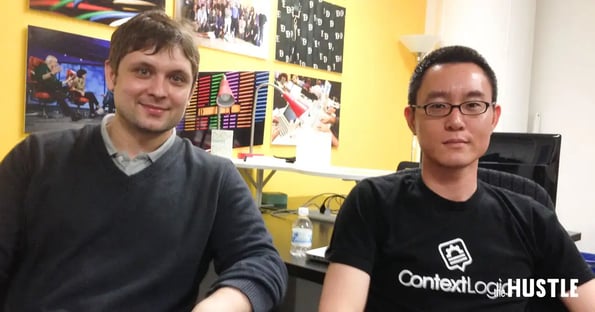
Wow.
Here’s the gist:
Wish sells cheap but stylish products. A $2,470 watch for $69, a $399 camera for $89, or $229 stilettos for $32. However, most of the products are under $25. Most of Wish’s vendors are sellers based in Asia so, unlike Amazon, Wish doesn’t spend lots of money on infrastructure or trying to get items to customers in a few days. Instead, each item arrives a week or two (sometimes more) after purchasing.
Their layout looks a lot like Pinterest except everything is for sale. Since launching in 2011, they’ve raised $578 million.
The most interesting part about Wish, in my opinion, is how they’ve completely stayed under the radar and, for the most part, avoided the press. Last year when Business Insider reached out to Wish’s CEO for an interview request, he said he was ‘humbled and a bit surprised’ to find himself on Business Insider’s radar, since he and the company ‘try to keep a very low profile.’”
Maybe it’s just me, but I’m in awe of how Wish has built a $10 billion company in only five years, all while staying mostly anonymous.
Last week, Wish’s founder and CEO Peter Szulczewski, gave a rare interview at StrictlyVC, an event for founders and VCs. This is only the second time I’ve heard about Szulczewski, and his story was too good not to cover.
Here are the highlights from his talk, as reported by Techcrunch.
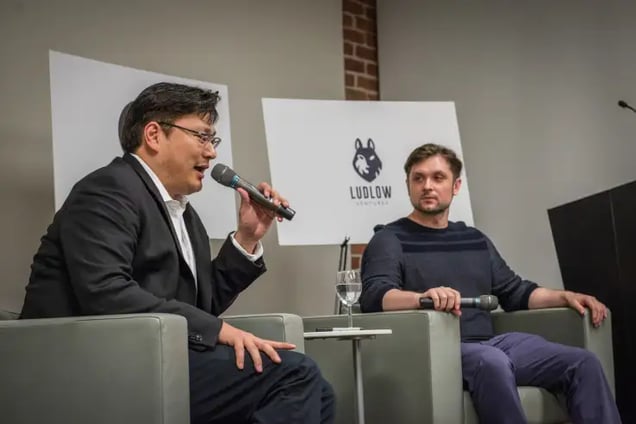
On his background:
Szulczewski, a computer scientist by training, noted that he’d spent 6.5 years at Google solving “really big matching problems” before cofounding his company, ContextLogic, from which Wish evolved. The idea was to build a next-generation mobile ad network to compete with Google’s AdSense network, whose tech was “relatively stale” at the time, in 2011. Szulczewski and his co-founder, Danny Zhang, realized they were “pretty bad at business development,” though, so eventually they pivoted to Wish.
Wish began as an app that asked people to create wish lists, then the company approached merchants and let them know a certain number of customers wanted, say, a certain type of table. Things took off from there, he said.
On how big Wish is, and how they make money:
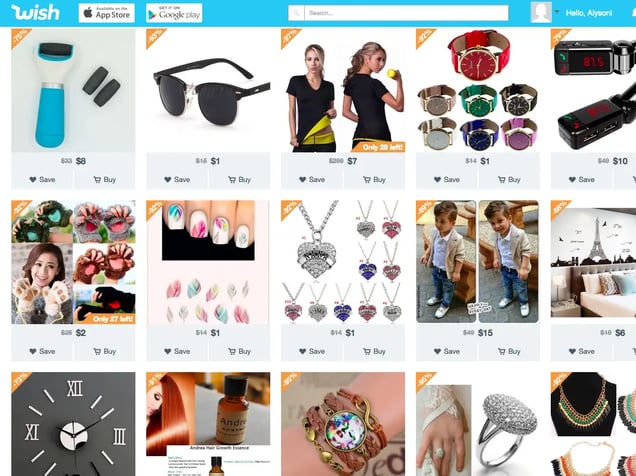
Homepage of Wish.com
“Last year, sales were single-digit billions. It took us just under three years or so to get there. We do charge a take rate of 15 percent. Part of the reason is we do a lot more than, say, Alibaba, which doesn’t charge a take rate.
Take your local merchant in Shenzhen, where the majority of the world’s goods are manufactured, both branded and unbranded. That merchant has no idea how to sell to people in the Netherlands, France, Brazil, the U.S., Australia. He also has no idea how to communicate with those customers, so we take care of all of that. What merchants get in return [is] suddenly, they get an additional audience of more than a billion smartphone users who don’t really cannibalize their existing market.”
Addressing reports that Wish turned down a $10 billion acquisition offer:
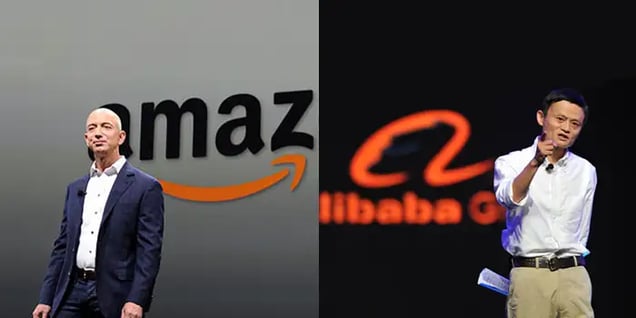
Jeff Bezos and Jack Ma reportedly offered to buy Wish for $10 billion in cash moneys.
“We realized early on that unless you set out to build a really massive, self-sustainable business, you’re just not going to be able to do it.
Basically, really big companies have these people in corp dev, god bless you [laughs], but there’s this asymmetry, which is like: the founders’ time is the most precious commodity that you have. You only have 24 hours a day. But there are corp dev people at these companies who have an infinite amount of time to spend with these founders, and it’s actually, I think – my point is: We want to build a self-sustainable business.
We think that just like Alibaba, just like Walmart, we can get to hundreds of billions [of dollars in market cap]. I think both those companies were built on the same premise of saving time and money for their consumers. We’re doing the same thing on your phone.”
On how the company — which has “hundreds of millions of users,” said Szulczewski — has managed to see so much traction:
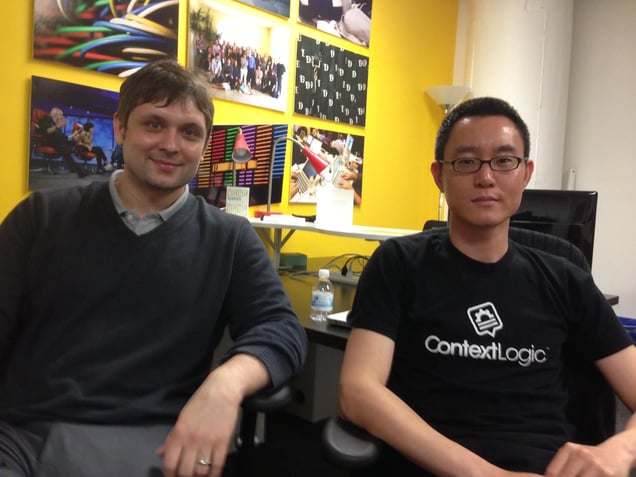
Peter Szulczewski and Danny Zhang, the founders of Wish.com
“Two years ago, the merchants were like, ‘I’ll try this. I don’t know what the hell it is, but I hear other merchants are making money, so I’ll give it a shot.’ And if you tell them, ‘Hey, if you take this inventory and put it in the U.S. or Germany or Spain, you’ll make more money,’ they’re like, ‘No. You’re the fifth thing on my mind. There’s Amazon, Taobao, my own e-commerce site.’
But after you have two or three years of these merchants getting meaningful revenue and sales and it’s growing month over month, then you get their buy-in. Then it’s, ‘Okay, now you’re the third thing on my mind. Now you’re the second. Now, you’re the first or second. How can I get more sales?’.
“It isn’t like network effects in social networks, but it is leverage effects.”
What do you think – ever heard of these guys? Seems pretty cool. Think I’ll give them a shot. Let me know what you think in the comments!
